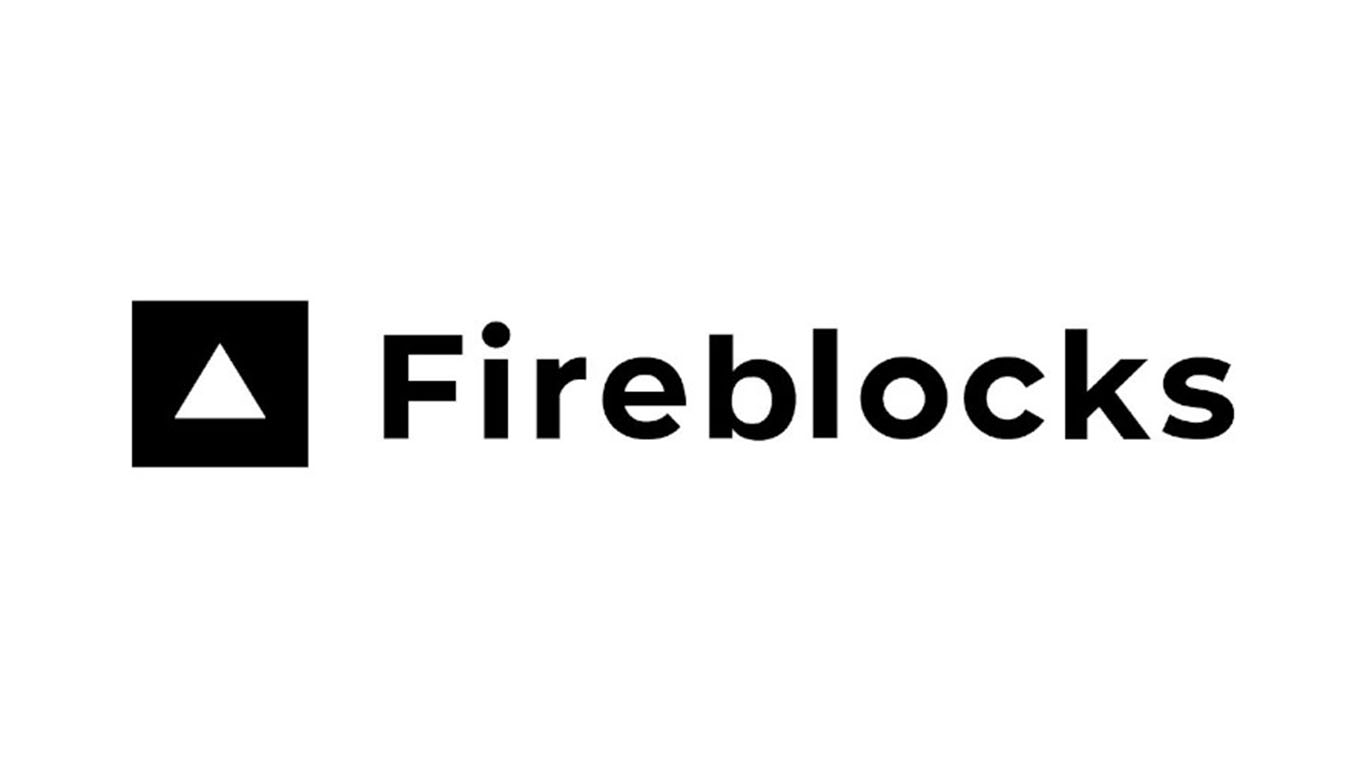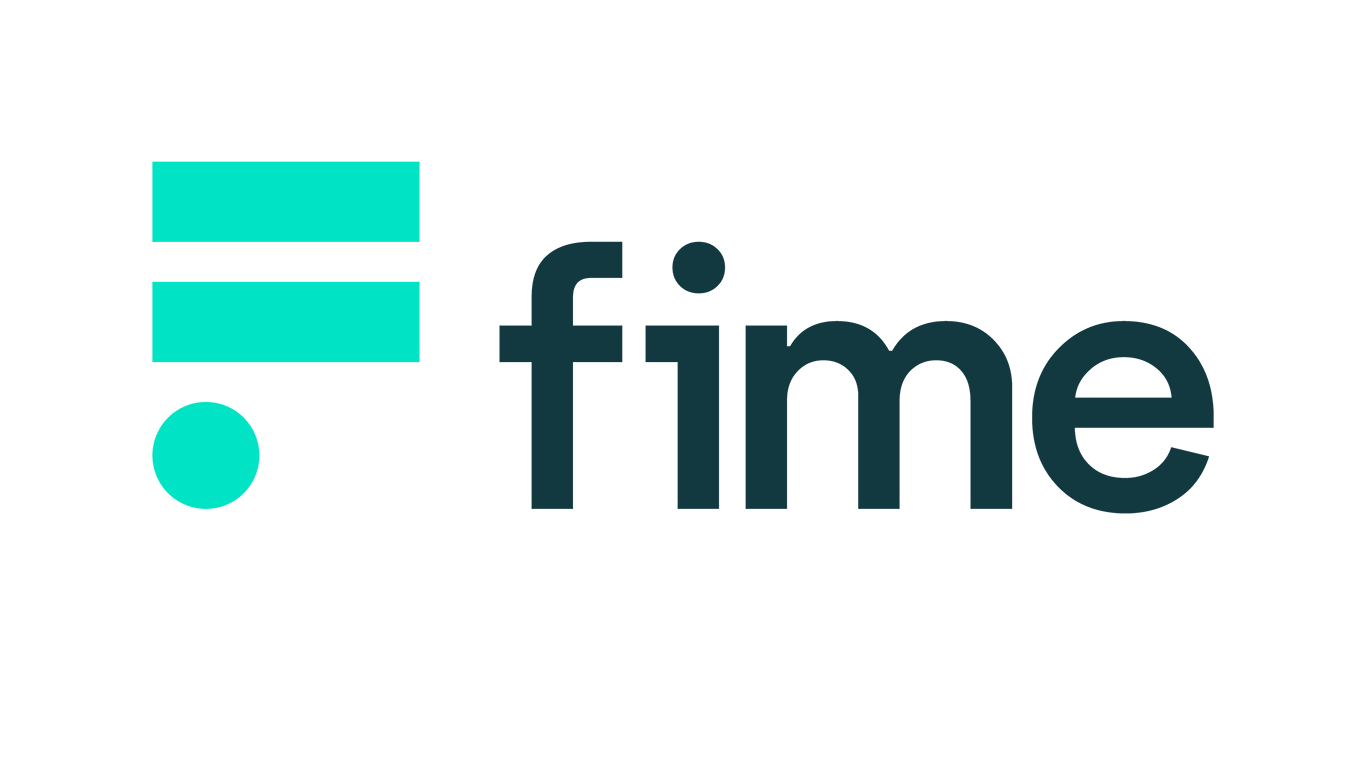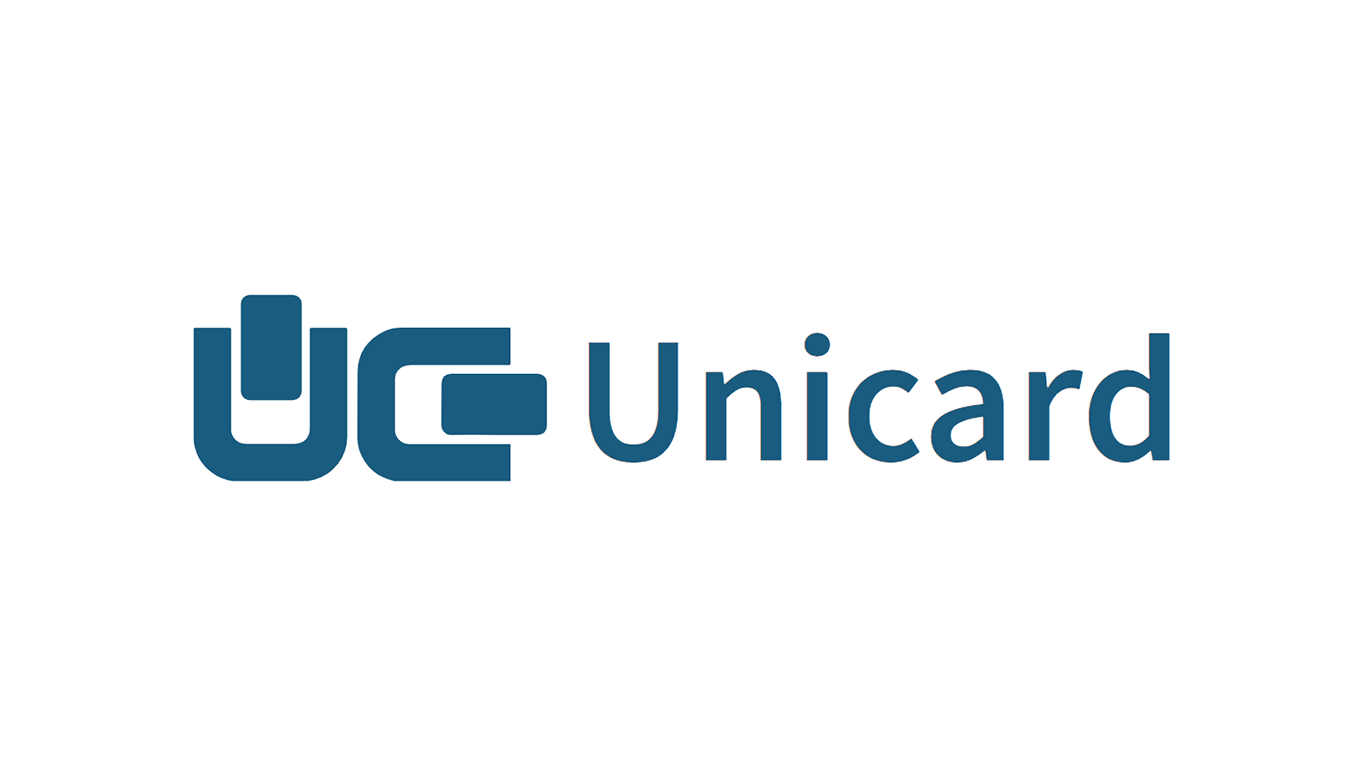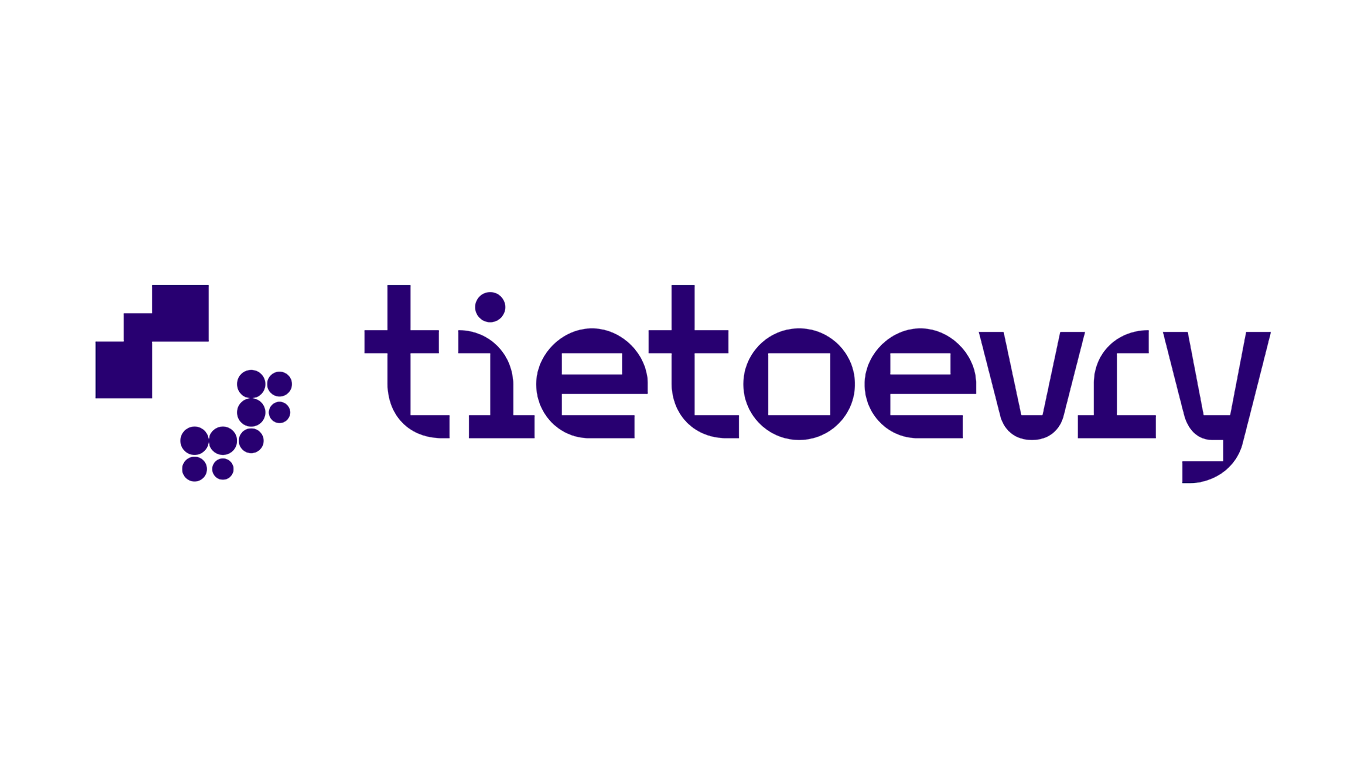Published

Ekmel Cilingir
Chairman of the Supervisory Board at European Merchant Bank
Lithuania is becoming increasingly established in the Fintech sector and is gaining more international recognition. see more
- 03:00 am

Spurred by a growing influx of foreign direct investment and a $7 trillion development plan for the Kingdom's giga projects, ICT spending in Saudi Arabia is poised to top $34.5 billion this year. That's according to the latest forecast from International Data Corporation (IDC), with spending on software (including cloud) and IT services set to increase at compound annual growth rates (CAGRs) of 11.4% and 8.7%, respectively, over the 2022–2026 period.
The government sector will be the country's biggest IT spender in 2023, with spending on AI, IoT, cybersecurity, and big data analytics alone set to exceed $574 million as innovative technologies become foundational to the aim of building an ‘Experience Economy’. Finance, communications, energy and resources, and manufacturing will be the Kingdom's other top spenders in 2023, although the fastest growth over the next five years will be seen in the healthcare, finance, retail/wholesale, professional services, and education sectors.
"To harness the full potential and widespread benefits of the digital economy, governments and businesses must implement strategies to measure and cultivate it," says Jyoti Lalchandani, IDC's group vice president and regional managing director for the Middle East, Türkiye, and Africa. "Creating regulatory environments and nurturing talent will be critical to success. Today, technology plays an ever-increasing role in enabling, measuring, and reporting on sustainability initiatives and diversity and inclusion drives, with government and business leaders prioritizing these issues on their digital agendas."
Such issues will sit at the heart of the agenda during this year's IDC Saudi Arabia CIO Summit, which will take place at the Fairmont Riyadh on September 13-14. Addressing the theme 'Enabling the Digital Economy's Leaders', the event will bring together the Kingdom's foremost IT and telecom leaders, digital government pioneers, regulators, and industry thought leaders. Expert speakers will assess the current state of the digital economy, evaluate its ongoing impact on citizens, customers, employees, and operations, address key challenges, and outline proven best practices and strategies to drive future success.
IDC's chief research officer, Meredith Whalen, will open the day's proceedings with a keynote titled 'Strategies for the CIO and Enterprise Innovation', during which she will highlight IDC's latest research findings on building a culture of trust, examine the move toward industry ecosystem innovation, and highlight the impact of tech decentralization.
"CIOs are no longer just technology leaders," says Whalen. "They are strategic partners who have a critical role to play in driving enterprise-wide growth and it is important that they fully understand what needs to be done now — and in the future — to create an environment for long-term sustainable innovation. The IDC Saudi Arabia CIO Summit is the perfect place for CIOs to learn from their peers, network with industry leaders, and get the insights they need to succeed in the digital age."
The agenda will also feature a series of dedicated CIO-led panel sessions and technology focus groups addressing topics such as:
Talent Development and the Demand for New Skills: Optimal Team Structuring
Sustainable Strategies and Technologies: Operationalization, Impact Measurement, Business Value Creation
Vendor Selection and Management: Best Practices and Considerations
Cyber Protection for the Threats of Today and Tomorrow: Dynamic Security Strategies to Minimize Risk
Connecting the Distributed Cloud: From Edge to Core
Enabling the Data-Driven Enterprise
Transitioning Through AI and Analytics: How to Win in the Intelligent Economy
To learn more about the IDC Saudi Arabia CIO Summit 2023, please click here or contact Sheila Manek at smanek@idc.com / +971 4 446 3154. You can also join the discussion on social media using the hashtag #IDCSAUDICIO.
Related News
- 07:00 am

Sumsub, a full-cycle verification platform securing the whole user journey, announces the launch of its expert news site, called The Sumsuber. This platform focuses on four main topics: verification, anti-fraud measures, regulatory compliance, and product updates. The diverse range of content provides valuable insights to compliance experts, risk managers, product and AI technology professionals.
The Sumsuber aims to bring together in-house expertise and top industry minds, fostering collaboration with independent consultants, representatives from industry and compliance associations, as well as partners and clients across sectors of regulatory compliance, fintech, crypto, gambling, trading, and banking. The expert platform is intended to be a pivotal element in the evolution of the Sumsub Multiverse community, uniting forward-thinking compliance and anti-fraud experts to drive innovative solutions for a people-friendly digital future.
The Sumsuber will convey complex topics in a comprehensive and easily understandable way. Unlike a typical news portal, it serves as a platform where professionals discuss and thoroughly examine regulatory shifts and business updates in the expansive digital verification realm. The materials include expert articles, interviews, guides, and webinars, as well as a monthly industry news digest on LinkedIn compiled by the company's dedicated team of compliance experts. The digest highlights selected news and commentary for those particularly interested in regulatory matters related to online businesses.
“We realized the market lacked a modern site dedicated to compliance and verification, one presenting complex topics in an edutainment format. We took a similar approach with the recent deepfakes game For Fake Sake launched last month, and we plan to continue releasing other content in readers-friendly formats, like video or games. Along with The Sumsuber and the monthly digest, we are launching several methods to further interact with our readers on social media. For instance, we encourage them to share questions on pressing topics via a new series, “Ask Sumsubers,” for our compliance and cybersecurity experts to answer,” explains Julia Kim, CMO at Sumsub.
Related News

Mashum Mollah
at Blogmanagement.io
In the realm of search engine optimization (SEO), Google has long reigned as the undisputed champion, commanding an overwhelming majority of the global search market. see more

Mashum Mollah
at Blogmanagement.io
In today's rapidly changing business landscape, uncertainties are a constant challenge for entrepreneurs and business owners. see more
- 06:00 am

Today, the Fireblocks Cryptography Research Team announced the findings of multiple zero-day vulnerabilities in some of the most used cryptographic multi-party computation (MPC) protocols, including GG-18, GG-20, and implementations of Lindell 17. If left unremediated, the exposures would allow attackers and malicious insiders to drain funds from the wallets of millions of retail and institutional customers in seconds, with no knowledge to the user or vendor. The series of vulnerabilities, dubbed BitForge, had impacted popular wallet providers like Coinbase WaaS, Zengo, and Binance. Following the industry-standard 90-day responsible disclosure process, Coinbase WaaS and Zengo have since fixed and resolved the identified issues. In addition, the academic papers which contained flaws have been revised.
The Fireblocks Cryptography Research Team findings were presented during the Black Hat USA conference on Wednesday, August 9, and will be shared at Defcon on Thursday, August 10.
“As decentralized finance and Web3 continue to gain popularity, the need for secure wallet and key management providers is evident,” said Pavel Berengoltz, Co-founder & Chief Technology Officer at Fireblocks. “While we are encouraged to see that MPC is now ubiquitous within the digital asset industry, it is evident from our findings — and our subsequent disclosure process — that not all MPC developers and teams are created equal. Companies leveraging Web3 technology should work closely with security experts with the know-how and resources to stay ahead of and mitigate vulnerabilities. Maintaining and updating core infrastructure technologies, like Web3 wallets, is crucial in preventing thefts and attacks, which amounted to nearly $500 million in the first half of 2023.”
Of the wallet providers Fireblocks’ research team worked with to patch the vulnerabilities, Coinbase WaaS and Zengo were best-in-class in managing and resolving the issues in a timely manner, ensuring that their users were well-protected.
"We would like to thank Fireblocks for identifying and responsibly disclosing this issue. While Coinbase customers and funds were never at risk, maintaining a fully trustless cryptographic model is an important aspect of any MPC implementation. Setting a high industry bar for safety protects the ecosystem and is critical to the broader adoption of this technology,” said Jeff Lunglhofer, Chief Information Security Officer at Coinbase.
"We'd like to thank the Fireblocks team for their responsible disclosure: This is exactly what proactive security collaboration looks like,” said Tal Be'ery, Chief Technology Officer & Co-founder at Zengo. “The issue was promptly addressed and no user funds were affected. This highlights the power of our open-source MPC cryptographic libraries and we look forward to continuing to contribute to strengthening the cryptographic security of the entire ecosystem."
Aside from Coinbase WaaS, Zengo, and Binance, dozens of other wallet providers are also known to be impacted by the BitForge vulnerability. Therefore, Fireblocks has published the BitForge Status Checker so projects can find out if they might be exposed to an impacted MPC implementation: www.fireblocks.com/BitForge
The MPC-CMP and MPC-CMPGG protocols implemented by Fireblocks are not affected by the BitForge vulnerabilities as they utilize the required Zero Knowledge Proofs to validate all secret key material throughout the key generation, signing, and storage processes. In addition, Fireblocks adopts a multi-layer security approach by combining hardware security and MPC to reduce the attack surface and the feasibility of real-world exploits.
For the full technical analysis of the BitForge vulnerabilities, please visit https://www.fireblocks.com/blog/gg18-and-gg20-paillier-key-vulnerability-technical-report and https://www.fireblocks.com/blog/lindell17-abort-vulnerability-technical-report
Related News
- 03:00 am

Fime has been selected by Bangladesh Bank to help launch the nation’s domestic card scheme. During this six-year partnership, Fime will provide consulting and testing services, and set up a certification body framework. By establishing this independent payment infrastructure, Bangladesh Bank is creating the stable, sovereign economic platform it needs to deliver financial security to its citizens.
Fime’s consultants will first support the Bangladesh Bank in defining its payment strategy to improve financial inclusion, sovereignty and security. Fime will also be involved in preparing the certification body framework and will support with onboarding and the eventual running and operation of the scheme.
“Bangladesh is an emerging market with a growing payments ecosystem and a strong desire for digital solutions that advance the Smart Bangladesh Mission,” comments Mezbaul Haque, Executive Director, Bangladesh Bank. “We are confident and ready to begin our journey towards payments sovereignty, and we are looking forward to working with Fime to achieve this goal.”
Angaj Bhandari, VP – MEA, India and South Asia at Fime, adds: “Fime is pleased to be playing such an integral role in the creation of Bangladesh’s domestic payment scheme. This initiative will be fundamental in increasing the penetration of digital payments and boosting financial inclusion in the region. Our experts in South Asia will deliver global expertise at a local level, tailoring the domestic scheme and its digital payments architecture to the unique requirements of the Bangladeshi market.”
Fime has supported multiple domestic card schemes globally, with Bangladesh marking the second time it has done so in South Asia following its work on India’s RuPay scheme. Its Savvi+ Test Platform and the digital cloud-based Fime Test Factory suite will be fundamental to the set up and management of the scheme's testing and certification infrastructure, and will give the country's payments stakeholders a single solution for all certification needs.
By working with Fime, domestic schemes in many countries can digitize and innovate in line with their international counterparts while retaining sovereignty over their own payments network.
Contact Fime to learn more about how we can help you maximize new opportunities in your payments ecosystem.
Related News

Mae Lewis
at Content Creator
Have you ever wondered how your online banking app flags suspicious activity before you know it? Or how do robo-advisors make insightful investment suggestions tailored just for you? see more
- 09:00 am

Unicard LTD, an established provider of Smart Ticketing and payment solutions to the public and commercial transport sector, today announced its acquisition of Smart Ticketing specialists Ecebs from Visa, in a market transaction that will enable Unicard to offer a more comprehensive range of solutions in the UK, and abroad. The move sees Unicard add contactless EMV to its extensive solutions portfolio, comprised of an industry-leading Smart Ticketing platform, supporting both commercial and concessionary fare schemes, alongside its suite of ITSO, ABT (Account Based Ticketing), MaaS (Mobility-as-a-Service), and rail ticketing solutions.
The contactless EMV solution, which allows passengers to tap in and out using a payment card, will be substantially accretive to Unicard’s capabilities. It enables the business to directly respond to needs of Local Authorities and transport operators, and puts it at the centre of the rapidly growing smart mobility sector. The comprehensive range of solutions caters directly to the deployment of multi-operator, multi-token, multi-modal services across trains, buses, e-Scooters and other forms of transport.
The expansion will cement Unicard’s significant leadership position in the UK market for smartcard ticketing and concessionary travel. Unicard’s solutions have been adopted by over 70 Local and Regional Authorities in England and Scotland, including Transport for West Midlands (TfWM), Transport Scotland, Mersey Travel and Solent Transport, as well as the provision of central back office for Rail Delivery Group. Unicard can now add Transport for Wales and, significantly, Transport for London (TfL) to the list.
Unicard aims to work with new customer Nottingham City Council to help support its Future Transport Zone (FTZ) ambitions, where the city council could benefit from Unicard’s experience with the rollout of MaaS for TfWM’s Swift travel scheme, and the MaaS and rail accreditation elements of Solent Transport’s Breeze travel App, in line with the respective FTZ programme aspirations.
Sean Dickinson, CEO of Unicard, explained: “Acquiring Ecebs has strengthened Unicard’s position in the smart travel market, and significantly extends our capabilities and footprint. We’re committed to delivering accessible, inclusive and integrated ticketing solutions for both our new and existing customers, while also helping them deliver new, innovative smart travel schemes.”
Sean added: “Our three guiding principles in approaching the acquisition were about selecting the right partner, ensuring continuity of business for ours, and their customers, whilst maintaining our reputation as a partner renowned for its market innovation, close working relationships and importantly, customer care. Unicard has a strong heritage in the industry, but it’s important for us to retain Ecebs’ expert knowledge and market insight to continue providing high-quality products and services to all our customers and their passengers.”
Russell Mccullagh, General Manager of Ecebs, commented: “Unicard is a well-respected business with shared interests and a similar culture. We’re confident that both companies’ customers can expect to see continuous innovation and the ongoing delivery of high-quality services, offering real flexibility and a superior experience for the travelling public.”
Unicard has also signed a commercial agreement with Visa to use Cybersource, its global payments platform. This gives the company an opportunity to offer its services across international borders. However, its immediate focus remains expanding its footprint in the UK.
Moving forward, customers will benefit from Unicard’s industry-leading secure ticketing, identity, payments and data management capabilities to both companies’ customers. These include its MaaS-ready ITSO HOPS suite, Smart Office cardholder and customer management solution, mobile apps, ITSO integration tools, and accredited Rail Suite middleware platform for retailing UK rail tickets. In addition, as a cloud-first provider, Unicard plans to migrate all of Ecebs’ on-premise infrastructure to the cloud to provide more scalable and, ultimately, more cost-effective services to its customers.
Related News
- 08:00 am

As part of modernizing its IT landscape and enhancing the customer experience, Handelsbanken Norway has chosen to consolidate on Tietoevry Banking’s wealth management solution. This enables Handelsbanken to offer financial products, including mutual funds, equities, ETFs and more, through one modern self-service platform for its private and corporate customers, smoothly integrated into the rest of the bank’s ecosystem through the platform’s open APIs. The agreement is built on a long-existing partnership for equities trading between the two companies, which is now expanding with a the currently ongoing implementation of the complete wealth platform, including Asset and Portfolio Management.
With this new agreement, Handelsbanken will be able to equip their customers and wealth management advisors with cutting-edge interactive and easy-to-use resources that allow them to optimize their savings and investments. In addition, the Wealth platform from Tietoevry Banking will enhance self-service actionability, with 24/7 availability and the highest security standards.
“This collaboration enables us to always be innovative in the Wealth management field, as we will be able to upgrade the solution in a robust and innovative environment continuously. This will be visible for our full customer base within savings, as it takes our full front-and back-end for our wealth offering to a new level. We have chosen Tietoevry to help us scale our solutions and grow our business, and we look forward to implementing this in close collaboration with Tietoevry Banking”, says Cibyl Ekstrøm Kjerstad, Head of Wealth & Asset Management Norway, Handelsbanken.
“During economic turbulence, banks’ customers grow increasingly conscious of their savings and are seeking emerging digital self-service features for a better overview and simpler management of their assets. At the same time, when the customer base expands, it is crucial to have efficient and automated processes and tools that scale well in the back-end to cater for speed and to maintain quality and reduce costs. We are therefore proud to help Handelsbanken meet all these demands, as well as customers’ ever-increasing expectations for novel experiences. We are building on a long-lasting relationship, and take great pride in expanding our collaboration further with our SaaS-solution for Wealth management”, says Dag Hasvold, Head of Equities, Funds & Savings at Tietoevry Banking.









